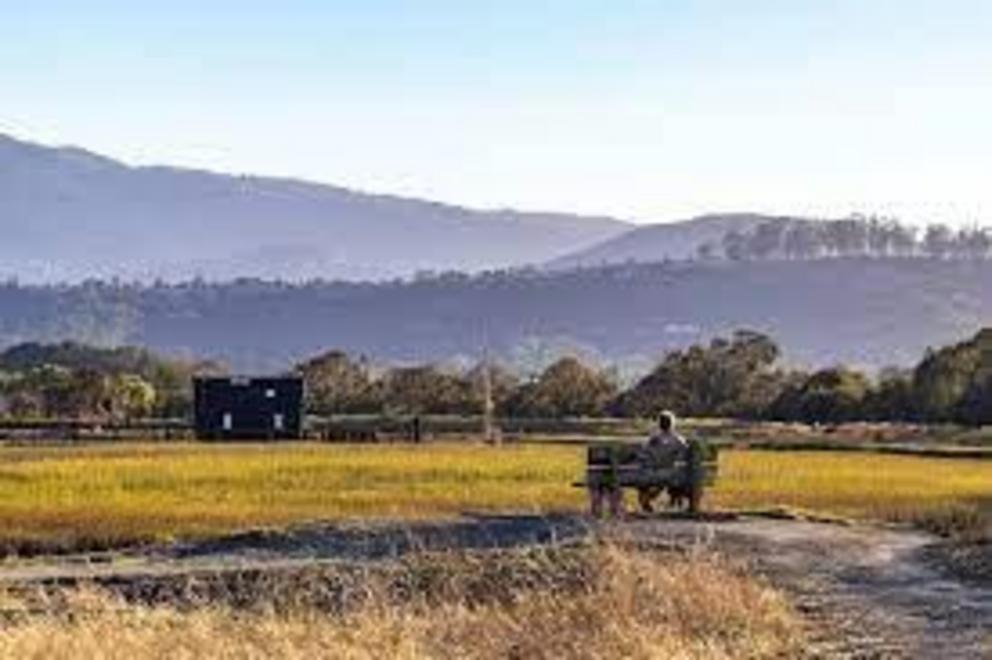Voluntary assisted dying will be available to more Australians this year
Here’s what to expect in 2023
By the end of 2023, eligible people in all Australian states will be able to apply for voluntary assisted dying as the final three states’ laws will become operational this year.
This year began with Queensland’s voluntary assisted dying law commencing operation on January 1. South Australia is to follow shortly, on January 31, with the New South Wales law to commence on November 28.

These states join Victoria, Western Australia and Tasmania, whose laws have been operating for more than three years, one year and three months respectively.
The territories may be poised to follow with the Commonwealth’s lifting of an over 25-year ban on territories passing voluntary assisted dying laws.
The Australian Capital Territory has already signalled it will introduce such laws by 2024 and circulate a discussion paper in coming months.
Hundreds have chosen to die this way
There is now a clear picture emerging of voluntary assisted dying in Australia, with hundreds choosing this in states where it is legal.
In Victoria, 604 people have been assisted to die in the three years between June 2019 and June 2022 (the latest figures publicly available). Some 75% of people being assisted to die since the law commenced were 65 or older; more than 80% of applicants had cancer. In the last reporting period (July 1 2021 to June 30 2022), deaths from voluntary assisted dying represented 0.58% of deaths in that state.
In WA, uptake has been much higher than expected, with 190 people (1.1% of deaths in the state) choosing voluntary assisted dying in the first year. This is more than the number of Victorians who accessed voluntary assisted dying in the first year, even though WA’s population is much smaller.
In WA, almost 88% of eligible applicants were aged 60 or over and 68% of patients requesting voluntary assisted dying had cancer.
In both states, more than 80% of patients requesting voluntary assisted dying were also receiving palliative care. Eligible applicants cited the inability to engage in activities that make life enjoyable, and the loss of autonomy, as the two most common reasons for accessing voluntary assisted dying.
How is the system working?
In Victoria and WA, bodies that oversee voluntary assisted dying have found the system safe. According to their reports, only people who meet the strict eligibility criteria have been able to access it.
Those providing voluntary assisted dying and state-based services designed to help prospective patients access it have been praised as being supportive and compassionate.
However, there are barriers to access, including:
the statutory prohibition preventing Victorian doctors initiating conversations about voluntary assisted dying
Commonwealth restrictions on discussing voluntary assisted dying via telehealth and email
the need to show evidence of Australian citizenship or permanent residency can preclude some long-term residents from accessing voluntary assisted dying if they cannot prove their status
the lack of eligible doctors willing to provide voluntary assisted dying
the lack of proper remuneration for doctors
lengthy and complicated administrative processes
non-participation by some aged care and health-care providers.
Many of these issues are heightened in rural and remote areas.
While it is still early days in Tasmania, access issues have already been reported. These result from a lack of trained doctors, and a complicated and lengthy request and assessment process.
 Many access issues are heightened in rural and remote areas.
Many access issues are heightened in rural and remote areas.
How can we address these issues?
Voluntary assisted dying legislation in each state requires it to be reviewed after a certain period. For both Victoria and WA, this review will begin this year.
But it is not yet clear how these reviews will be conducted, or what evidence considered.
For some issues, law reform might be needed. For others, a policy response may be possible. For example, potential barriers might be addressed through better remuneration for participating practitioners, strategies to support individuals living in rural and remote areas and a more flexible application of the Australian residency rules.

These mandated reviews present an important opportunity to improve how voluntary assisted dying laws operate in practice. It is pivotal these reviews are evidence-based.
Fortunately, there is a growing body of published evidence that can guide and inform these reviews – from the bodies that oversee voluntary assisted dying and from research on voluntary assisted dying practice.
Now voluntary assisted dying laws are operational in all Australian states, or will be by the end of the year, the next challenge is to ensure current barriers to access are removed while continuing to ensure the system operates safely.
Katherine Waller, Project Coordinator, Australian Centre for Health Law Research, Queensland University of Technology, coauthored this article.
For the rest of this article please go to source link below.

